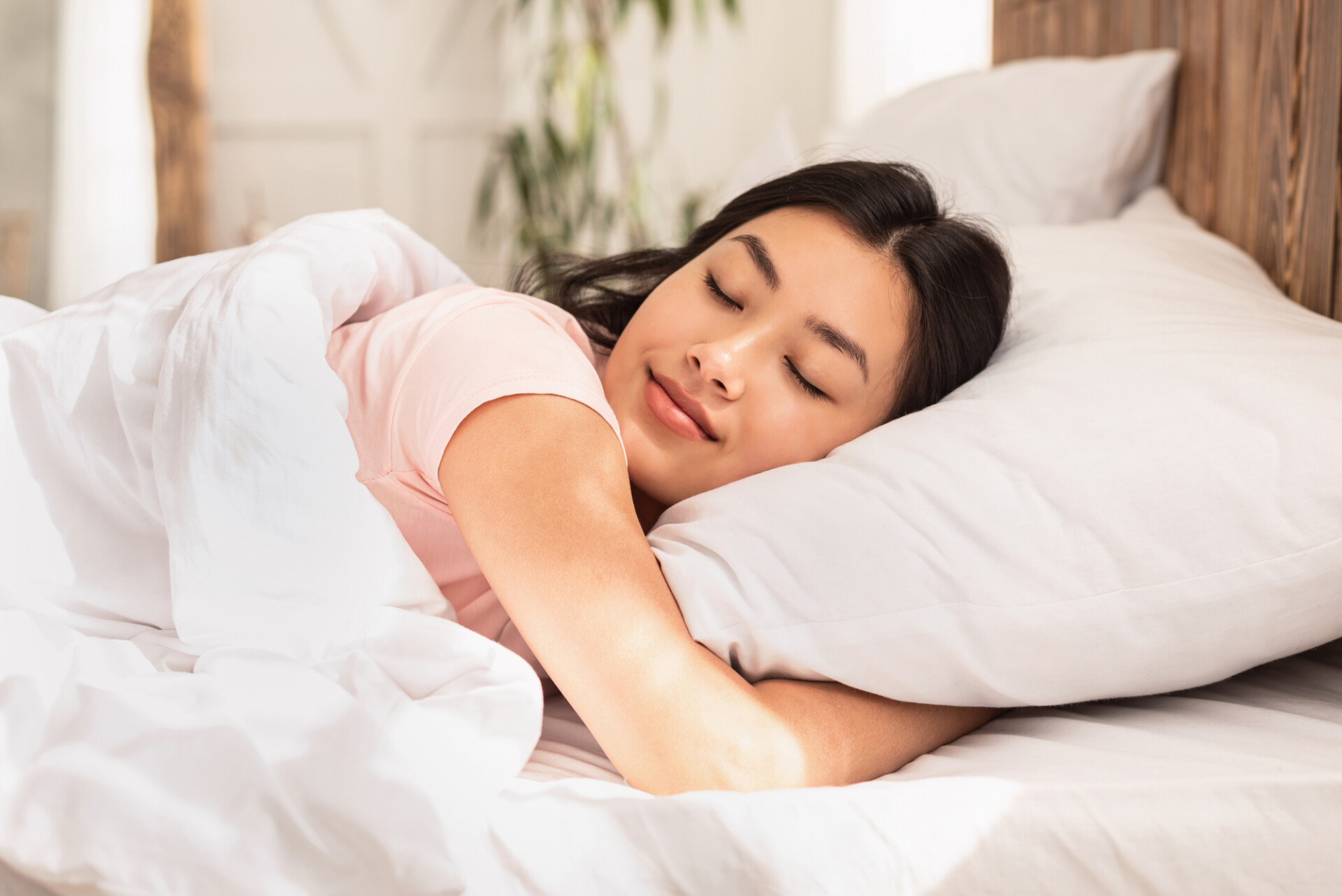Sleep apnea is a serious condition that can lead to various health issues, including hypertension, cardiovascular disease, and impaired cognitive function. It’s characterized by partial or complete obstructions of the airway during sleep. Symptoms often include loud snoring, daytime sleepiness, and restless sleep. Addressing sleep apnea is crucial for improving sleep quality and overall health.
Introduction to Sleep Apnea Oral Appliances
Oral appliances for sleep apnea are designed to maintain an open, unobstructed airway in the throat during sleep. These devices typically work by repositioning the lower jaw and tongue forward, preventing airway blockage. They are custom-fitted to ensure comfort and effectiveness and are an excellent option for patients who prefer a less intrusive solution than CPAP machines.
Types of Sleep Apnea Oral Appliances
When it comes to managing sleep apnea, oral appliances have become a beacon of hope for many sufferers, offering a less intrusive alternative to CPAP machines. These devices, designed to maintain an open, unobstructed airway during sleep, come in various forms to cater to individual needs and preferences. Among the most common types are:
- Mandibular Advancement Devices (MADs): As the most widely used sleep apnea oral appliance, MADs work by slightly advancing the lower jaw (mandible) forward. This forward movement helps keep the throat open, reducing the risk of airway obstruction. MADs are adjustable, allowing for a tailored fit and optimal comfort.
- Tongue Retaining Devices (TRDs): Designed for individuals who cannot effectively use a MAD, a TRD works by holding the tongue in place, preventing it from falling back into the throat during sleep. Though less commonly used than MADs, TRDs can be an effective solution for certain patients.
Both types of devices are custom-fitted by dental professionals specialized in sleep apnea treatment, ensuring maximum effectiveness and comfort.
Selecting the Right Oral Appliance
Choosing the right oral appliance involves several factors:
Consultation with a Specialist
Start with a consultation at Palmetto Family and Cosmetic Dentistry, where specialists can evaluate your specific condition and determine if an oral appliance is suitable for you. This may involve a sleep study or an evaluation of your sleep apnea symptoms.
Custom Fitting
For an oral appliance to be effective, it must be custom-fitted to your mouth. This ensures maximum comfort and effectiveness in treating sleep apnea. The process involves taking precise measurements and molds of your mouth.
Material and Design
Oral appliances are made from various materials, including acrylic and soft laminates. The choice of material and design affects the device’s comfort and durability. Discuss the options with your dentist to find the best fit for your needs.
Adjustment Period
There is typically an adjustment period for getting used to wearing the device during sleep. Follow-up visits to the dentist are crucial for making any necessary adjustments to improve comfort and efficacy.
Advantages of Sleep Apnea Oral Appliances
Sleep apnea oral appliances offer several advantages specifically OSA, or obstructive sleep apnea, is a condition that can be treated, this medication is being used. In addition, when compared to other therapy alternatives, such as therapies like continuous positive airway pressure, snoring is a relatively minor condition (CPAP) or surgical procedure. Here are some of the key advantages of sleep apnea oral appliances:
- Comfortable and Non-Invasive: Oral appliances are comfortable and non-invasive compared to CPAP therapy, which requires the use of a mask that is attached to a machine that distributes oxygen. continuous air pressure. Many people find oral appliances easier to tolerate and more conducive to restful sleep.
- Compact and Portable: Oral appliances are compact and portable, making them convenient for travel and use outside the home. Unlike CPAP machines, which require access to electricity and a suitable sleeping environment, oral appliances are transportable and portable, allowing it to be utilized wherever you go.
- Customized Fit: Oral appliances are custom-made to fit the individual’s mouth, ensuring a precise and comfortable fit. Customization allows for optimal effectiveness in advancing the lower jaw or retaining the tongue to keep the airway open during sleep.
- Adjustable: Some oral appliances are adjustable, allowing for incremental advancement of the lower jaw to optimize effectiveness and comfort. Adjustability also enables customization for individual patient needs and preferences.
- Minimal Side Effects: Oral appliances generally have fewer in comparison to other therapies, such as surgery or drug therapy, adverse effects medications. While some individuals may experience temporary side effects such as jaw discomfort or excessive salivation, these issues typically subside with continued use or adjustments to the appliance.
- Improved Compliance: Due to their comfort and ease of use, oral appliances may improve treatment compliance compared to CPAP therapy, especially among individuals who have difficulty tolerating CPAP masks or experience claustrophobia.
- Preservation of Intimacy: Oral appliances do not require wearing a mask or tubing during sleep, which may be more conducive to intimacy for individuals who share a bed with a partner.
- Treatment for Mild to Moderate Sleep Apnea: Oral appliances are effective for treating mild to moderate obstructive sleep apnea and snoring. They may also be used as an alternative or adjunctive treatment for individuals who cannot tolerate CPAP therapy or prefer a non-invasive approach.
- Long-Term Solution: Oral appliances provide a long-term solution for managing sleep apnea and snoring. With proper care and regular follow-up, oral appliances can help maintain open airways and alleviate symptoms of sleep-disordered breathing over time.
Overall, sleep apnea oral appliances offer a comfortable, available therapy option that is both effective and convenient for persons who have obstructive sleep apnea and snoring, improving sleep quality, daytime alertness, and overall quality of life. It’s essential to consult with a qualified sleep specialist or dentist to determine if an oral appliance is suitable for your particular requirements and to receive personalized care and follow-up.
Considerations and Limitations
While oral appliances offer numerous benefits, there are also considerations and limitations to be aware of:
- Not Suitable for Everyone: Oral appliances may not be effective for severe cases of sleep apnea.
- Potential Side Effects: Some patients may experience jaw discomfort, changes in bite, or saliva buildup.
- Regular Monitoring and Adjustment: Over time, adjustments may be needed to ensure the appliance remains effective and comfortable.
Cost and Insurance Coverage
Oral appliances for sleep apnea might be expensive to purchase vary, and insurance coverage differs by provider and plan. Many insurance plans cover oral appliances for sleep apnea, especially if CPAP therapy has been intolerable. Discuss cost and insurance options with Palmetto Family and Cosmetic Dentistry to understand the financial aspects of your treatment.
Maintenance and Care
Maintaining and caring for your oral appliance in the appropriate manner extends its lifespan and ensures continued effectiveness. This includes regular cleaning as recommended by your dentist, storing it properly when not in use, and bringing it to your dental check-ups for professional inspections and adjustments.
Sleep apnea oral appliances offer a promising solution pertaining to individuals who are affected by obstructive sleep apnea that is mild to moderate in severity, providing an effective and less intrusive alternative to CPAP machines.
When considering an oral appliance, it’s essential to work closely with dental specialists at Palmetto Family and Cosmetic Dentistry to ensure a proper fit, optimal comfort, and the best possible outcome for your sleep apnea treatment.
With the right approach, an oral appliance can significantly improve your sleep quality, health, and well-being. Remember, addressing sleep apnea is not just about improving sleep; it’s about enhancing your overall quality of life.

